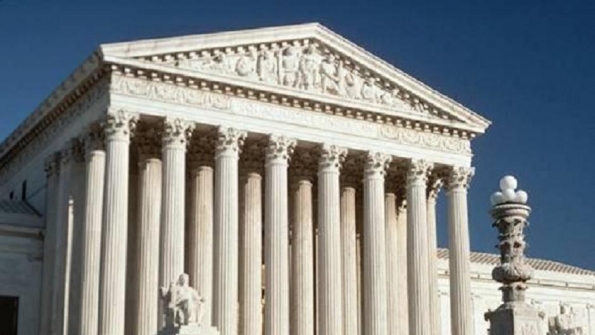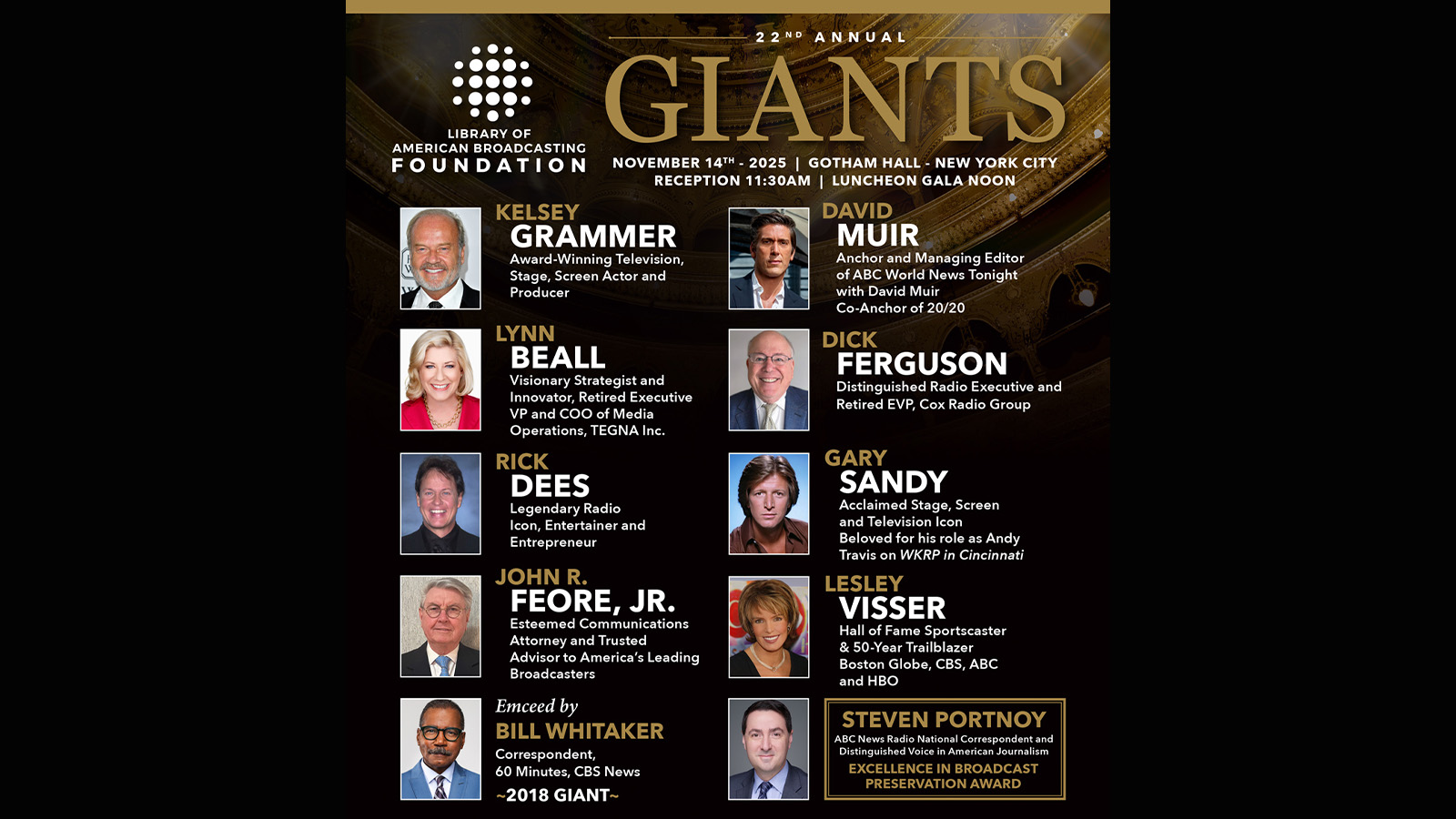Supremes Skeptical of Court Cameras
WASHINGTON—Hope for cameras in the Supreme Court anytime soon got a pretty good dashing last week in a House Appropriations Subcommittee on Financial Services & General Government High Court budget hearing.

Chairman Rep. Mike Quigley (D-Ill.) is a big fan of letting cameras in, and made that clear in his opening statement at the March 7 hearing, including a plug for the cable-industry-backed public service suite of networks that is the public's eyes and ears on other important branches.
The Supreme Court has released some same-day audio of important cases, but Quigley said that just highlights the fact that the court has the capability of reaching that wider public.
"Whether you are here in Washington or in the comfort of your own home, you can watch Congress and the executive branch in action on C-SPAN," he said. "This is an important part of making our nation’s legislative and executive branch open and transparent to all Americans.
But one government institution remains closed to the public eye—the U.S. Supreme Court. Supreme Court decisions on major cases from Brown v. Board of Education to Bush v. Gore have significantly shaped American society and changed history," he continued. "Unfortunately, due to antiquated practices and policies, we have no video record of these historic decisions. In 2019, with so much new and innovative technology at our fingertips, it is time we use every tool available to preserve America’s judicial history."
"It is not unreasonable for the American people to have an opportunity to hear firsthand the arguments and opinions that will shape their society for years to come," said Quigley.
Maybe not, but the two Justices appearing before the committee, Justices Elena Kagan and Samuel Alito, provided little hope that opportunity was forthcoming.
Get the TV Tech Newsletter
The professional video industry's #1 source for news, trends and product and tech information. Sign up below.
Quigley pointed out that the hearing they were participating in was on C-SPAN, so "our mistakes are live." He asked if there was an evolving sense of at least expanding to some limited video of court arguments.
Justice Alito came prepared with a reasoned argument as to why that was probably not going to be the case.
He said everyone on the court shared Congress' interest in making the proceedings as accessible as they can, but only consistent with the court's paramount function, which was deciding cases in the best possible way.
Alito said that the court was already much more accessible than it was when he started out as a lawyer. He pointed out that in pre-internet days, it was not very easy to find opinions or read them in your homes.
Now, every opinion is instantly available on the court's website, as well as same-day transcripts of arguments, with every judge identified (that was not previously the case) and audio by the end of the week.
In fact, Alito said that other than hearing their voices immediately or seeing their faces with their lips moving, thanks to electronic filing, free of charge, the public can see everything that goes on in the court.
But as to televising arguments, Alito said most people think that should be the case, including most members of his family. In fact, he even used to think they should be televised back when he was a judge on the U.S. Court of Appeals for the Third Circuit, when he voted to allow that court's arguments to be televised.
"I came to believe that allowing arguments to be televised would undermine their value to us as a step in the decision making process," Alito said. "Lawyers would find it irresistible to put in a little sound bite in the hope of being that evening on CNN or Fox or MSNBC or one of the broadcast networks, and that would detract from the value of the arguments."
He said he recognized that times change, but suggested that televised change may need to await their successors "years from now."
He said it has been a while since they talked about it collectively, but that it has been their consensus for a while that televising the arguments would be access "at the expense of the decision making process."
Kagan echoed that the justices have not conferenced on the issue since she has been there (2010). The newest justice, Brett Kavanaugh, has said he was open to considering cameras.
Justice Kagan agreed with Justice Alito that her views had evolved. She said the benefit of having cameras would be that people would see an institution at work, and doing that work pretty well. "Faith in institutions of government is an incredibly important thing," she said, suggesting the public's faith would be strengthened by seeing how they did their jobs "thoughtfully and deliberately."
But she said she "wholeheartedly agreed" with Alito that the court continue to function in that way, and not letting people see it doing so if access came at the expense of that process, which she called "a very bad bargain. She worried that cameras "might come at that expense."
Kagan likened it to the physics principle that when you add the observer, the observed changes. She said that if Congress were given truth serum, some would agree that "hearings change when cameras are there."
She feared participants in the process would wind up self-filtering the first time they saw something on the evening news taken out of context. She points out she often plays devil's advocate, which taken as a sound bite out of context might make her appear to have views on things that she does not. She worried that kind of questioning, which is conducive to good decision making, would be damaged.
"The justice’s comments last week about televising the Court’s oral arguments were not a surprise, but they were a disappointment," said Bruce Colline, corporate VP and general counsel for C-SPAN. "We used to think that as newer and younger members, like Justices Alito and Kagan, joined the Court that the institution would become more receptive to the idea. That turns out not to be the case. Nevertheless, C-SPAN continues to believe cameras in the Court would be good for the country and the Court itself. And, if the Court ever does allow camera coverage, we will be ready and we will televise every oral argument to our national audience."
Contributing editor John Eggerton has been an editor and/or writer on media regulation, legislation and policy for over four decades, including covering the FCC, FTC, Congress, the major media trade associations, and the federal courts. In addition to Multichannel News and Broadcasting + Cable, his work has appeared in Radio World, TV Tech, TV Fax, This Week in Consumer Electronics, Variety and the Encyclopedia Britannica.

